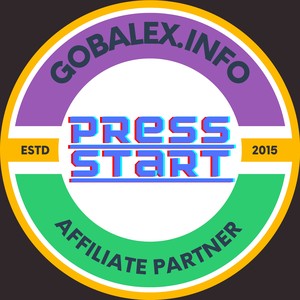
The Last Screenwriter: AI Meets Filmmaking
Oct 4, 2024
In 2024, Swiss filmmaker Peter Luisi launched The Last Screenwriter, a groundbreaking film with a screenplay entirely generated by AI, ChatGPT. This project challenged traditional filmmaking by blending digital creativity with human artistry. Scheduled for a private screening in London, it sparked debates on the role of AI in creative fields, raising ethical questions and exploring the future of storytelling. The film marks a pivotal moment in the evolution of cinema.
#AIinFilm #FutureOfStorytelling #DigitalCreativity #Filmmaking #CinematicInnovation
In the early months of 2024, a groundbreaking film project known as The Last Screenwriter began making waves in the cinematic world.
This experimental endeavor was the brainchild of Swiss filmmaker Peter Luisi but, in a trailblazing move, the actual screenplay was entirely generated by an artificial intelligence program known as ChatGPT, developed by OpenAI.
The premise was simple yet profound: to challenge the traditional boundaries of filmmaking and storytelling by employing an AI to craft the entire script.
The AI, a sophisticated online chatbot, had been equipped with vast amounts of data and an understanding of language patterns, allowing it to create coherent and, at times, deeply insightful dialogue.
Over a span of just four days, ChatGPT crafted every line of dialogue, every bit of narrative, prompted only by a succinct 17-word input.
Despite its origin, the resulting screenplay adhered to the familiar structures found in contemporary cinema, providing a unique yet recognizable narrative flow.
Human elements came into play with actors, costumes, set designs, and directorial decisions that brought the AI's script to life, seamlessly blending digital creativity with human artistry.
However, the film's path to its debut was not without controversy.
The Last Screenwriter was scheduled for a private screening at London’s iconic Prince Charles Cinema on June 16, 2024.
Anticipation among cinephiles and tech enthusiasts was palpable, but not everyone shared in the excitement.
A faction of traditionalists and industry professionals expressed vehement concerns regarding the implications of using AI in a capacity that replaced human creativity.
They feared it heralded a future where technology might overshadow the nuanced and inherently human craft of writing.
Despite the backlash, the film's release proceeded as planned.
Its debut, however, was more than a mere screening; it was a cultural event that ignited debates among critics, audiences, and scholars.
Discussions ranged from the ethical considerations of AI in creative roles to the potential future dynamics between human and machine collaborations in the arts.
The Last Screenwriter did not just serve as a test of technology but as a reflection on the evolving nature of storytelling itself.
Show More Show Less #Arts & Entertainment
#Film & TV Industry
#Animated Films
#Other

